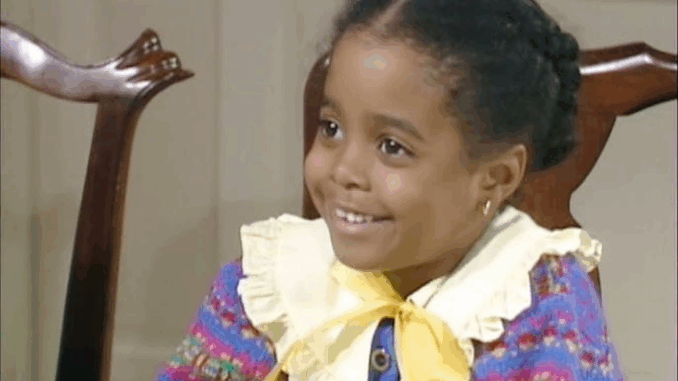
In the golden glow of 1980s American television, The Cosby Show reigned supreme. A groundbreaking sitcom that redefined Black family representation, the show offered the world the Huxtables: smart, funny, aspirational — America’s “perfect” family. But decades later, as reruns vanish from TV schedules and statues come down, one question still haunts the legacy of this cultural juggernaut:
Can we separate the art from the artist — or are we just rewriting history?
Starring Bill Cosby as Dr. Cliff Huxtable, a charming and wise father figure, the show painted a portrait of success, stability, and integrity. Behind the scenes, however, a much darker narrative was unfolding — one that would explode into public consciousness years later, tearing down the icon it once exalted.
Cosby, once dubbed “America’s Dad,” now carries a far more sinister title: convicted sex offender. Over 60 women came forward with accusations ranging from drugging to sexual assault — a tidal wave of testimonies that shocked even the most loyal fans. The courtroom drama that followed turned the beloved sitcom into a symbol of betrayal.
Yet The Cosby Show’s legacy isn’t just about Cosby’s fall from grace. It’s about how deeply intertwined public image and private sin can be — and how millions of viewers once found comfort in a fantasy created by a man hiding in plain sight.
Should the cast pay the price?
For actors like Phylicia Rashad, Malcolm-Jamal Warner, and Lisa Bonet, the show was a career springboard. Today, they live under the shadow of Cosby’s crimes — caught in the crossfire of cultural reckoning. Some defend the show’s impact. Others keep silent. But the tension remains: Was the Huxtable household ever real, or was it all just smoke and mirrors?
Networks have pulled it. Critics have re-evaluated it.
What once symbolized hope and progress is now a cautionary tale about celebrity worship and the blind eye of Hollywood. In a post-#MeToo world, The Cosby Show forces uncomfortable conversations about fame, power, and complicity.
One thing is certain: The Cosby Show was never just a sitcom. It was a phenomenon — and now, it’s a scandal that won’t fade quietly into the credits.
